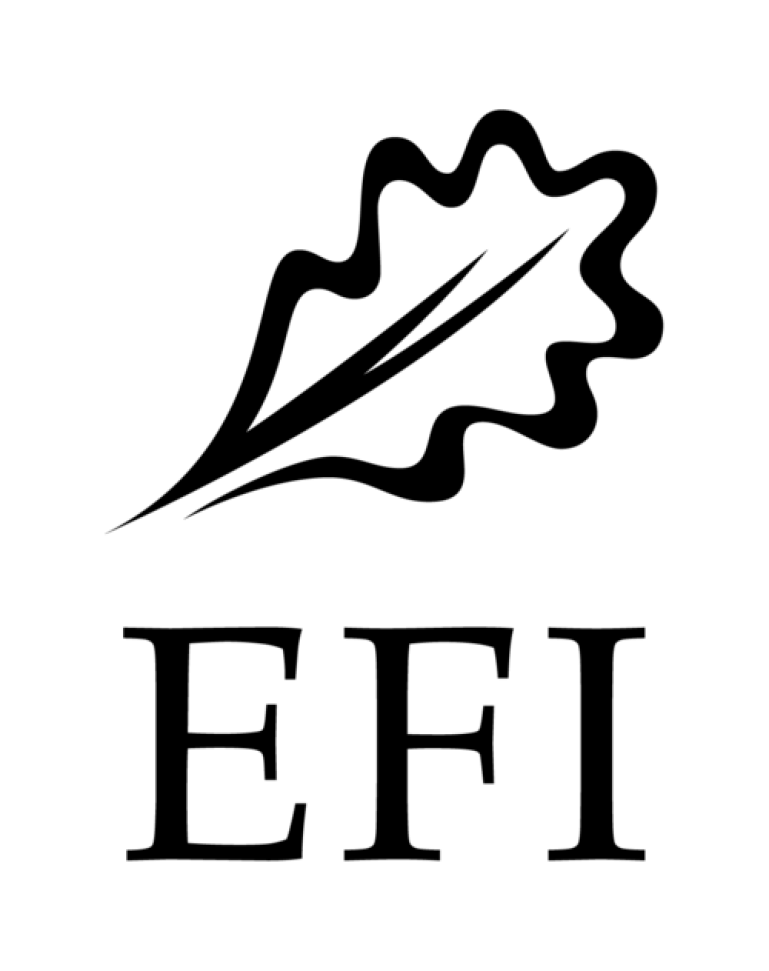

28.11.2025
The European Forest Institute (EFI) has just published a call for tenders as part of its “extended” procedure to recruit a team to carry out a study on the costs and benefits of Timber Legality Assurance Systems (TLAS), i.e., national systems that verify the legality of timber.

This initiative is part of the International Forest Governance Hub (IFGH) program, supported by the UK foreign development office, which aims to produce independent analyses useful to tropical countries and their partners. The Hub aims to strengthen South-South and North-South learning and support the development of transparent and inclusive forest governance systems.
Why is this study important?
TLAS are central to the implementation of Voluntary Partnership Agreements (VPA-FLEGT): they define national legality, control the timber supply chain, verify compliance, issue FLEGT licenses, and rely on independent audits.
However, EFI emphasizes that the relevance of TLAS extends far beyond the FLEGT framework. Robust systems can now address several major challenges:
For both governments and private operators, the question is therefore no longer simply “how much does a TLAS cost?”, but also “what economic, social, environmental, and institutional benefits does it bring, and under what conditions?”
A scope focused on several VPA countries at different stages
The study will cover several VPA countries representing different levels of maturity:
EFI expects a structured analysis of costs:
In particular, the study should distinguish the incremental costs attributable to the TLAS (comparison “with TLAS/without TLAS”) in order to avoid confusion with broader forestry reforms or non-specific donor support.
Expected methodology and deliverables
EFI requests a mixed qualitative and quantitative approach, combining:
Specific attention should be paid to:
The expected deliverables are:
The timeline allows for approximately 4 months of implementation, with a final report due on March 27, 2026.
Terms and conditions of the call for tenders
A key priority for ATIBT
This study is particularly strategic for ATIBT and its members. TLAS, whether directly linked to FLEGT Voluntary Partnership Agreements or designed as national traceability and legality instruments, are now a pillar of sustainable market access, the credibility of the tropical forestry sector, and international dialogue on governance.
ATIBT will closely monitor the progress of this initiative, the results of which will inform ongoing discussions in the Congo Basin and beyond, particularly on financing models, the actual effectiveness of systems, and the conditions that maximize their positive impact for governments, businesses, and local communities.